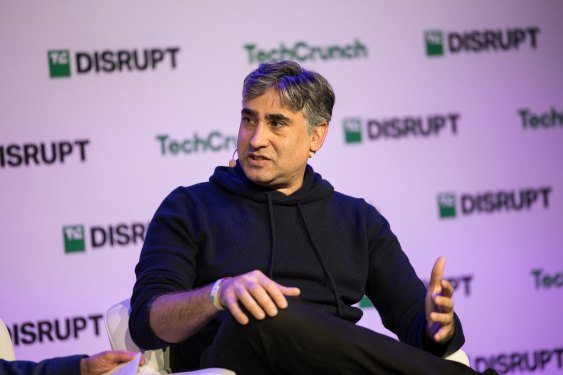Andreessen Horowitz general partner VC Martin Casado argued at TechCrunch Disrupt 2024 that lawmakers are focusing on a mythical future AI experience, rather than understanding the new risks AI introduces. He believes that this approach is misguided and will lead to ineffective regulation.
Transformative Technologies and Regulation
Casado pointed out that regulatory approaches have been a topic of discussion for decades. However, he noted that the current discourse around AI seems to be happening in isolation from past experiences with transformative technologies. "They’re kind of trying to conjure net-new regulations without drawing from those lessons," he said.
Defining AI
Casado highlighted the issue of defining AI in regulatory policies. He stated, "Have you actually seen the definitions for AI in these policies? Like, we can’t even define it." This lack of clarity makes it difficult to create effective regulations that address the unique risks and challenges posed by AI.
The California AI Governance Law
Casado was among those who rejoiced when California Governor Gavin Newsom vetoed SB 1047, a proposed law that would have introduced a "kill switch" for super-large AI models. The bill’s opponents argued that it was poorly worded and would have confused the state’s hot AI development scene.
The Concerns of Silicon Valley
Casado expressed concern that more bills like SB 1047 could materialize if politicians prioritize pandering to the general population’s fears of AI over governing what the technology is actually doing. He believes that this approach will lead to bad legislation and stifle innovation in California.
AI Regulation: A Misguided Approach
Casado understands AI tech better than most, having founded two companies, including a networking infrastructure company, Nicira, which he sold to VMware for $1.26 billion over a decade ago. He was also a computer security expert at Lawrence Livermore National Lab. Casado argues that many proposed AI regulations do not come from or are supported by those who understand AI tech best.
Understanding Marginal Risk
Casado emphasized the importance of understanding marginal risk in regulating AI. "You have to have a notion of marginal risk that’s different," he said. "Like, how is AI today different than someone using Google? How is AI today different than someone just using the internet?" By understanding these differences, policymakers can create regulations that address the unique risks and challenges posed by AI.
The Counterargument
Some argue that the world didn’t see the types of harms caused by the internet or social media before those technologies became widespread. When Google and Facebook were launched, no one knew they would dominate online advertising or collect so much data on individuals. Advocates of this approach suggest that AI regulations should be based on a similar learning curve.
The Need for Effective Regulation
Casado believes that effective regulation is essential to ensure that AI is developed and deployed responsibly. He argues that policymakers must focus on understanding the unique risks and challenges posed by AI, rather than relying on a mythical future or past experiences with transformative technologies.
Conclusion
Martin Casado’s argument at TechCrunch Disrupt 2024 highlights the need for effective regulation of AI. By focusing on understanding marginal risk and creating regulations that address the unique challenges posed by AI, policymakers can ensure that this technology is developed and deployed responsibly.
Related Articles
- Biotech & Health: Google’s X spins out Heritable Agriculture, a startup using AI to improve crop yield
Brian Heater – 7 hours ago - AI: OpenAI used this subreddit to test AI persuasion
Maxwell Zeff – 2 days ago - AIMistral board member and a16z VC Anjney Midha says DeepSeek won’t stop AI’s GPU hunger
Julie Bort – 2 days ago



